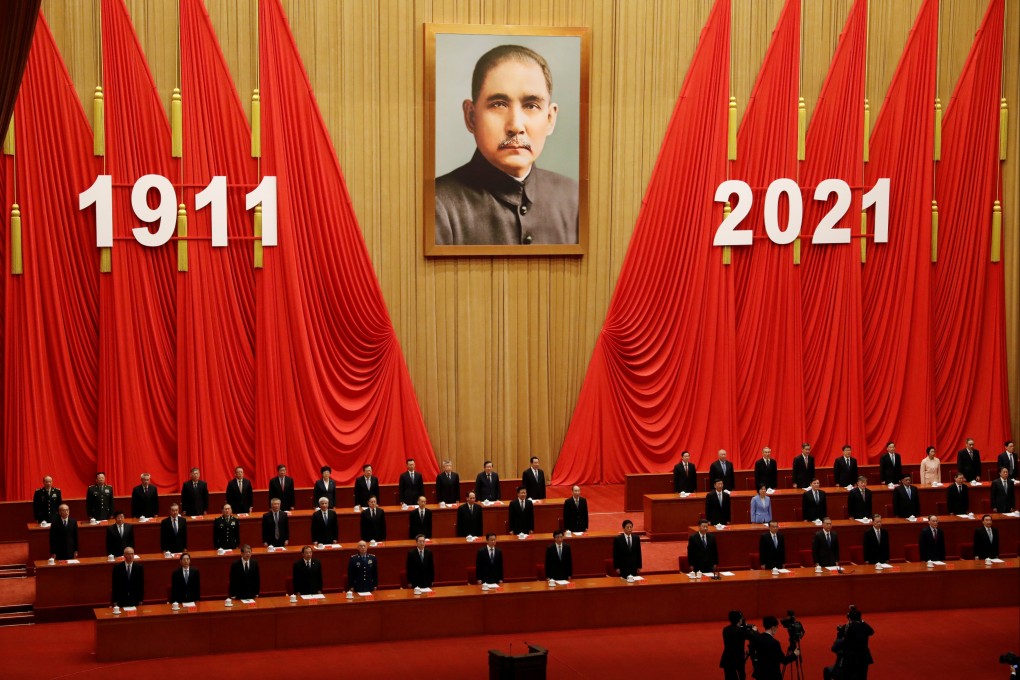Opinion | How to better understand China’s development policies for the ‘Global South’
- The West views with suspicion China’s engagement in development finance, and its global initiatives for development and security
- But viewed through a Chinese prism, the nature of North-South relations does not have the postcolonial underpinnings in the Western sense of the term

Is the Global South a new arena for competition between China and the West? Developments such as the first US-Pacific Island Country summit in Washington last month are widely viewed as a sign that the contest has begun.
When used to discuss Chinese foreign policies, the geographical scope of the Global South is similar to yafeila (Asia, Africa and Latin America). Yafeila was used to express third-world solidarity, most prominently when China was campaigning for UN diplomatic recognition. But, since the early 1980s, the reference has virtually disappeared from Chinese commentary on world affairs.
What’s the significance of this gap in framing Chinese foreign relations? For international, particularly Western, analysts, the term “Global South” can help in seeing Chinese activities in one country as indicative of what is to come for other nation-states outside the conceptual Western world. But that approach can lead to undue alarm and even unwarranted geostrategic anxieties.
